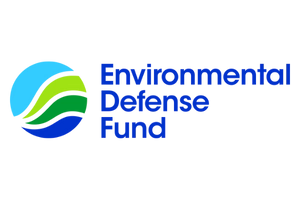Environmental Defense Fund Europe (EDFE) is a prominent environmental advocacy organization registered in the EU Transparency Register since June 26, 2018. It is an affiliate of the Environmental Defense Fund, a global nonprofit with a 50-year history of leveraging economics, science, and partnerships to address pressing environmental challenges. EDFE operates primarily in Brussels and across Europe, engaging with policymakers, politicians, businesses, and academia to accelerate the transition to a carbon-free economy and implement ambitious environmental policies. Their work is grounded in rigorous science and economics to deliver pragmatic and effective solutions locally, regionally, and globally.
EDFE targets key EU policy areas including methane emissions reduction in the energy sector, gas markets and hydrogen regulation, revision of the EU Emissions Trading System (ETS) Directive, maritime fuel standards, circular economy initiatives, regulation on imported deforestation, and agriculture. Their approach is characterized by working across the political spectrum, presenting positive visions, investing in data analysis, and partnering strategically across sectors. EDFE’s presence in Europe aims to complement and enhance the broader environmental movement by introducing innovative and evidence-based solutions to complex environmental issues.
The organization operates with a commitment to transparency and accountability, maintaining a significant presence in Brussels to influence EU decision-making processes effectively. EDFE has contributed to improvements in sectors such as shipping, energy, fisheries, and road transport, as well as air quality and climate health. Despite challenges like the COVID-19 pandemic, EDFE has remained financially stable and continues to expand its programmatic impact in Europe. The organization is governed independently by trustees and benefits from support agreements with its parent organization, Environmental Defense Fund Inc. Overall, EDFE plays a critical role in shaping European environmental policy through science-driven advocacy and collaboration.


